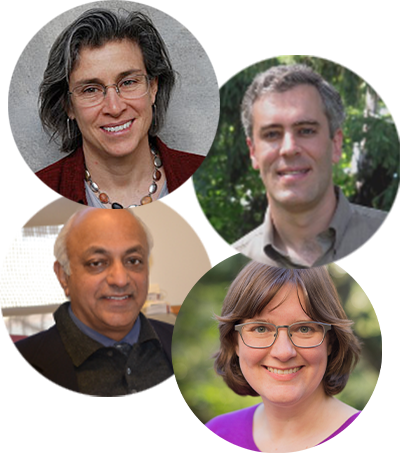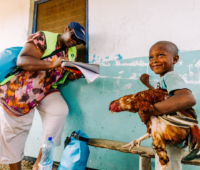In a follow up to his earlier coauthored piece on resuming research during the Covid-19 pandemic, Douglas Rogers describes how Yale University created a process to review and approve research projects through “a researcher-facing, education-focused, peer-reviewed process that is informed by public health guidance.” Avoiding blanket policies restricting or banning research, Rogers explains the steps taken by Yale, and the subcommittee he chaired in particular, to ensure a safe resumption of field research, which can hopefully guide other institutions.















